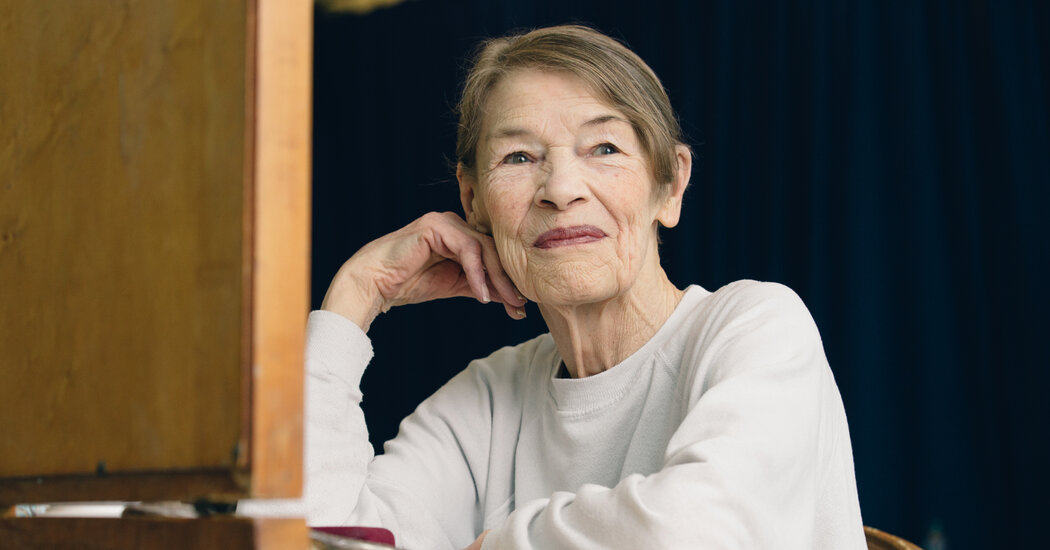
With her father called into the Navy, Glenda became increasingly crucial to an all-female household — something that she said explained both her defiant feminism and her “bossy streak.” She also proved bright and diligent, winning a scholarship to West Kirby County Grammar School for Girls. But she did not flourish there and left at 16. She was, she recalled, undisciplined and unhappy, “the archetypal fat and spotty teenager.”
She was working at a pharmacy and performing onstage as a member of a local theater group when, in 1954, she won a scholarship to the Royal Academy of Dramatic Art in London, which had begun to encourage the enrollment of working-class students, including Albert Finney and Peter O’Toole. (Ms. Jackson remained convinced that she was plain, even ugly — a belief later reinforced by the academy’s principal, who she said told her that she could become only a character actress and “shouldn’t expect to work much before you’re 40.”)
Her schooling prepared her for what became six years in provincial repertory.
In 1958 she married Roy Hodges, a fellow actor. Regional stage work meant periods of unemployment, odd jobs and poverty for the couple, and Ms. Jackson later admitted that she had shoplifted food and other essentials that she could conceal under her coat.
Her big break came in 1964, when Mr. Brook brought her into an experimental group he was assembling for the recently formed Royal Shakespeare Company. He later recalled her as “a very curious figure — a hidden, shy and yet aggressive, badly dressed girl who seemed resentful of everything.” But in an audition, he said, she had left him mesmerized by “the sudden plunges she took and by her intensity.”
Mr. Brook cast her in “Marat/Sade,” which transferred to Broadway in 1967, leading to a Tony nomination for Ms. Jackson’s Charlotte Corday.
But she disliked the experience, which she said left the company “in hysterics — people twitching, slobber running down their chins, screaming from nerves and exhaustion.” Nor did she enjoy the three years she spent with the R.S.C., though her roles included a sharp, shrewd Ophelia in Peter Hall’s revival of “Hamlet” and several characters in Mr. Brook’s anti-Vietnam War show, “US.” She was not, she decided, a company woman.
And so her reputation as a “difficult” actress began.
Mr. Jackson was regarded as aloof and egoistic, and she could be contemptuous of actors she found lacking in commitment, bellicose in rehearsal rooms and unafraid of challenging eminent directors. Gary Oldman, who starred with her in Robert David MacDonald’s play “Summit Conference” in 1982, called her “a nightmare.”













